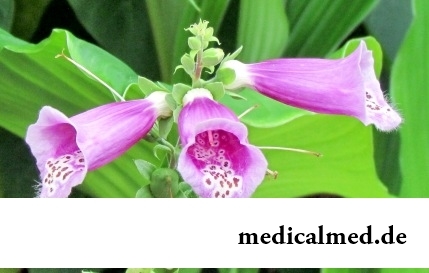





Hypothalamic syndrome
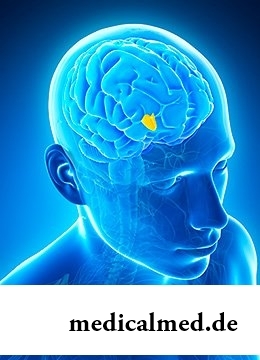 The difficult simptomny complex which is characterized by trophic, endocrine, vegetative and exchange frustration, developing against the background of defeat of hypothalamic area is called a hypothalamic syndrome.
The difficult simptomny complex which is characterized by trophic, endocrine, vegetative and exchange frustration, developing against the background of defeat of hypothalamic area is called a hypothalamic syndrome.
Distinguish the following forms of a disease:
- Vegetovascular;
- Diencephalic (hypothalamic) epilepsy;
- Neurotrophic;
- Thermal control disturbance;
- Pseudo-neurotic;
- Psychopathological;
- Neuromuscular;
- Frustration of a dream and wakefulness.
Most often in medical practice the vegetovascular form – 32% meets, the syndrome with dominance of exchange and endocrine disturbances comes to light among 27% of patients with a hypothalamic syndrome, 10% of patients appear with a neuromuscular form, and 4% – with thermal control disturbance.
Possible complications of a simptomny complex are the gynecomastia, a degeneration of ovaries and a myocardial dystrophy.
Reasons of a hypothalamic syndrome
The disease can arise against the background of craniocereberal injuries, acute and chronic neuroinfection and intoxication, insufficiency of cerebral circulation, chronic diseases and endocrine disturbances of internals. Also brain tumors, psychological injuries, stresses, intellectual an overstrain and an alcoholic poisoning can be the reasons of a hypothalamic syndrome.
Symptoms of a hypothalamic syndrome
Most often symptoms of a hypothalamic syndrome are:
- Vegeto-vascular neuroendocrinal frustration;
- Frustration of a dream and wakefulness;
- Disturbance of thermal control and the increased perspiration;
- Increased fatigue and general weakness;
- Feeling of shortage of air;
- Unstable chair;
- Pains in heart and lability of pulse;
- Tachycardia and asymmetry of the ABP;
- Tremor of fingers of outstretched arms and century;
- Tendency to allergic reactions;
- The expressed dermographism and emotional disturbances.
Often changes of weather conditions, the emotional tension, painful factors and periods, provoke vegeto-vascular paroxysms at a hypothalamic syndrome. Such attacks generally begin closer by the night, nothing foretells their beginning, last on average of 15 min. to 3 h and more. With a hypothalamic syndrome the hyper dysinsulinism with the broken tolerance to glucose, and also disturbance water-salt and a lipometabolism is found in most of patients.
Hypothalamic syndrome of the pubertal period
Clinical expression of disturbance of adrenocorticotropic function of a hypophysis is the hypothalamic syndrome of the pubertal period.
Usually the origin of a disease does not manage to be established, however the significant role in development of a syndrome is played by frequent quinsies, chronic intoxications and infections at children's age, birth trauma, and also excessive alcohol intake at teenage age.
The hypothalamic syndrome of the pubertal period at children at the age of 12-15 years develops, is more rare in 17-19 years, is more often at persons of a female. Patients during from 11 to 13 years begin to grow strenuously, especially considerably this feature is shown at young men who very quickly overtake in growth of the peers.
Symptoms of a hypothalamic syndrome of the pubertal period is the following:
- Frequent headaches;
- Thirst;
- Increased fatigue;
- Excess body weight;
- Psychological disturbances – tearfulness, depressiveness and irritability;
- Permanent increase in the ABP;
- Unsatiable hunger;
- Tranzitorny hypertensia;
- Hyperkeratosis in places of friction of clothes, in a waist, cervical folds, the outside surface of shoulders and elbow joints;
- Disturbance of a menstrual cycle.
The adiposity generally occurs in mammary glands, buttocks, a pubis and shoulder girdle because of what the neck looks thick and short, at the patient shoulders rise, the person becomes roundish, on cheeks the pathological flush appears.
At patients with a pubertal hypothalamic syndrome the skin trophicity is broken, it gets a marble and cyanochroic color and becomes cold to the touch, in particular in hips and buttocks. Often in a stomach, shoulders, mammary glands, a thorax and buttocks reddish are formed, stretching strips are more rare crimson and cyanochroic.
At girls before the put term secondary sexual characteristics form, appearance of boys gains effeminate character, face hair do not grow at all, or is very poor, even at the end of the puberty period.
Diagnosis of a hypothalamic syndrome
For diagnosis and the subsequent purpose of adequate treatment, the patient should ask for medical assistance the neurologist. The doctor has to define an etiology of a hypothalamic syndrome and the leading component of a disease, at diagnosis results of test on Zimnitsky and a sugar curve, an electroencephalography and thermometry in three points have special value. Specification of the diagnosis requires also ultrasonography and a computer tomography of adrenal glands.
Treatment of a hypothalamic syndrome
After confirmation of the diagnosis the doctor starts selection of adequate therapy. A basis of treatment of a hypothalamic syndrome is use of a number of medicines, namely:
- Means which action is directed to treatment of a basic disease;
- Selectively influencing a condition of a parasympathetic and sympathetic tone – Bellaspon, Pyrroxanum, Obsidanum, Platyphyllinum, ganglioblokator and drugs of a belladonna;
- Antidepressants and anxiolytics;
- Glucose, Haemodesum and isotonic solution of sodium chloride (for desintoxication of an organism);
- Fortifying means.
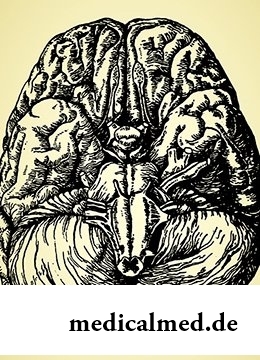 Recently the increasing popularity at treatment of a hypothalamic syndrome is gained by an acupuncture method as its efficiency is confirmed by results of many patients.
Recently the increasing popularity at treatment of a hypothalamic syndrome is gained by an acupuncture method as its efficiency is confirmed by results of many patients.
If the disease is followed by disturbance of carbohydrate metabolism, to the patient appoint a special diet, vitamin therapy, anoreksant and guanyl guanidines.
Also treatment of a hypothalamic syndrome has to include restriction of a mental and physical overstrain of the patient, a wakefulness exception at night, under observation of the doctor of the patient has to carry out remedial gymnastics and visit physical therapy.
The hypothalamic syndrome represents the difficult simptomny complex arising owing to craniocereberal injuries, stresses, intellectual retension, endocrine disturbances, etc. The neurologist has to be engaged in diagnosis and treatment of a disease, it is important to know that self-treatment can lead to irreversible effects.
Having fallen from a donkey, you more likely will kill yourself, than having fallen from a horse. Only do not try to disprove this statement.
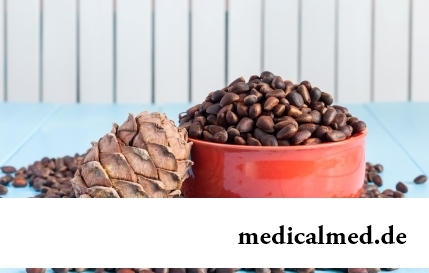
The hysteromyoma is diagnosed more than at a third of women 35 years are more senior. This high-quality new growth, which on early a stage...
Section: Articles about health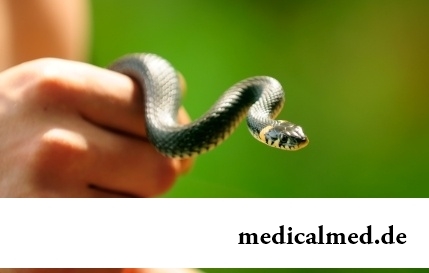
Health and attractiveness - eternal values, pursuing which people often use the most unusual ingredients and technicians. Let's consider 11 most exotic and sometimes not most pleasant Spa procedures to which the person in a pursuit for beauty agrees...
Section: Articles about health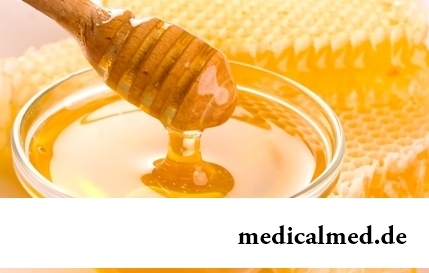
About 20% of the population of our planet have a hypertension (permanent increase in arterial pressure). This disease has an adverse effect on the standard of living, reduces working capacity, and in the absence of systematic treatment threatens with such complications as a myocardial infarction, a stroke and other heavy illnesses which can result in disability or sudden death. Most of patients for maintenance of pressure at more or less acceptable level accept appointed doctors лекарст...
Section: Articles about health
The business lady, the become mother, it is necessary to solve an array of problems. But of them is main: how to combine the beloved child and work?...
Section: Slideshow
Women quite often suffer from complexes concerning the sizes of the bust. Strangely enough, not too modest, and excessively curvy shapes become the reason of sincere discomfort sometimes. Except psychological problems, a big bust sometimes with...
Section: Articles about health
Popular joke that there are no healthy people, and is nedoobsledovanny, most of us considers an honest truth, continually it is necessary to hear that all of us are sick hardly from a school bench. It is hard to say whether so it actually because too often people are treated for nonexistent diseases, and sometimes call a disease what is something another. Sometimes in it the doctors of old school making diagnoses which are cancelled long ago – medicine still unless are guilty...
Section: Articles about health
The pancreas performs two functions in a human body: release of enzymes without which digestion carbohydrate is impossible...
Section: Articles about health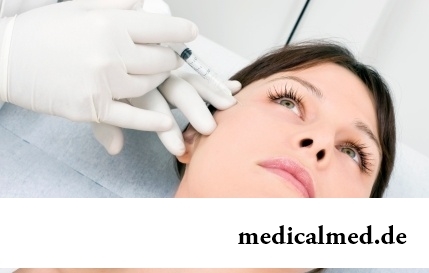
Eyes – one of the most vulnerable areas on a face therefore age changes concern them first of all. Whether it is possible to keep look youth for many years and what procedures are offered for achievement of this purpose by cosmetologists? And maybe, only thing of a vari...
Section: Articles about health
Many parents of children at the age of 2-4 years face excessively whimsical behavior of the child. The kid exhausts constant crying and whims not only the parents, but also himself. In what the reasons of children's whims. And how to fight with them?...
Section: Slideshow
New year, wedding, birthday, office party – an occasion to drink at the Russian person will always be. How to reduce a negative impact...
Section: Articles about health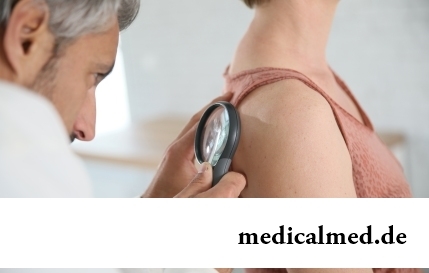
Scientists have no unambiguous opinion on a proximate cause of emergence of a carcinoma cutaneum today. Only the factors promoting development of this illness are precisely established. Treat them: long impact on skin of ultraviolet rays, radioactive...
Section: Articles about health
Tea is loved and use almost everything. This drink has tonic properties, contains the tannins capable to suppress activity of causative organisms. Recently great popularity was gained by teas with vegetable additives. The medicative herbs, spices and fruit which are a part of such mixes enrich drink with vitamins and microelements, increasing its nutritional value and creating additional curative effect....
Section: Articles about health
Statistically, pathologies of a thyroid gland in the world more than 500 million people have. Failures in work of this body conduct to is heavy...
Section: Articles about health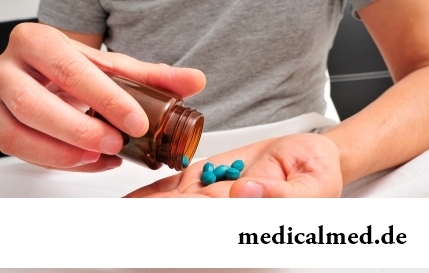
We present to yours the TOP of the medicamentous means exerting the stimulating impact on a potentiality, i.e. on ability of the man to commission of sexual intercourse. At once it is necessary to tell that not always disturbances of erectile function can be eliminated with reception of t...
Section: Articles about health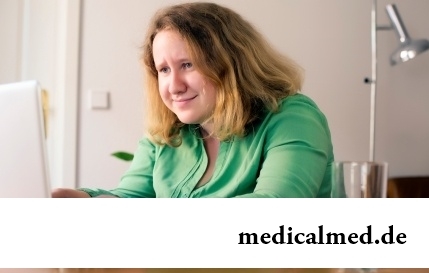
Obesity is called a disease of 21 centuries, for the last 100 years the number of the people suffering from excess body weight considerably increased. Statistically, on Earth already about 1,5 billion corpulent people, and 500 million from them have the extreme degree of completeness negatively affecting quality and duration of their life. What served as the reason of growth of stout persons on the planet? How not to get to their ranks? Let's consider five main premises for increase in body weight in conditions современнос...
Section: Articles about health
The stroke is one of the most widespread diseases of the person, annually in the world about 6 million cases эт are registered...
Section: Articles about health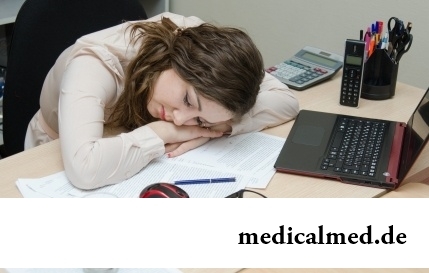
It is difficult to revaluate importance of kidneys for an organism. These bodies not only perform work on purification of blood of decomposition products and removal of excess liquid. They are responsible also for production of some hormones necessary for normality maintenance...
Section: Articles about health
Helminthosis is one of the most widespread diseases. Statistically, any species of helminths infected every third inhabitant of the planet. Most of specialists even consider these data strongly underestimated: some uninvited "cohabitants" do not cause the carriers serious troubles, and patients just do not see doctors. The situation is aggravated also with the fact that people know about specifics of similar illnesses very little. At many presence of worms is strong ассоциир...
Section: Articles about health
Childbirth is the most important event in life of each woman. We are women we give birth to the new little man on this light. Now...
Section: Articles about health
Shops of household appliances offer us the huge choice of various devices for the house. Whether there are among this abundance devices which not only facilitate house work, but also help to keep health of the person? Of course, and we will tell about them today....
Section: Articles about health
Nightmares belong to the most unpleasant frustration. Statistically, they happen at 4% of adults, and almost at 70% of children and teenagers. During a nightmare of people dreams himself in extremely difficult, life-threatening situation. He wakens suddenly, in a condition of a fright, and, as a rule, remembers the dream distinctly. The feeling of depression and alarm does not release throughout the day, creating hindrances for work and normal communication. If such episodes repeat often, can р...
Section: Articles about health
Season of activity of viral infections in the heat. Everyone can get sick, but probability of this unpleasant event it is possible and it is necessary miny...
Section: Articles about health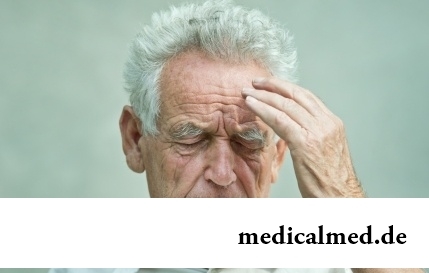
The person, as well as all other beings living on our planet feels weather changing. It is the normal meteosensitivity which is not causing to healthy people of special troubles. Meteodependence, on the contrary, is morbid condition, характеризующимс...
Section: Articles about health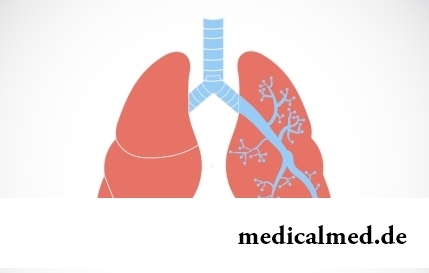
They say that to ensure health and longevity of people it is obliged. Really, at competent approach to these questions, minimization of an adverse effect of many factors does not represent a special problem. Practically everyone has an opportunity to play sports, to pick up an optimum operating mode and rest, to adjust healthy food, to refuse addictions. It is more difficult to exclude hit in an organism of harmful substances through a respiratory organs: not all are able to afford to live in the area with хо...
Section: Articles about health
High temperature - a frequent symptom of such widespread diseases as a SARS, quinsy, pneumonia, etc. To reduce heat, облег...
Section: Articles about health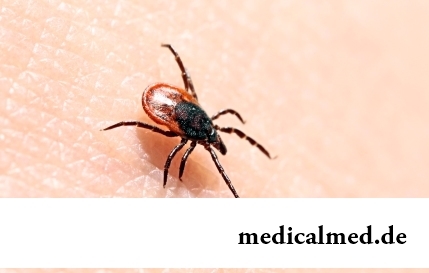
Tick-borne encephalitis – one of the most dangerous viral diseases which causative agents transfer and is given to people by ixodic mites. These are the small blood-sicking insects living in the considerable territory of our country. The person bitten by a tick can catch...
Section: Articles about health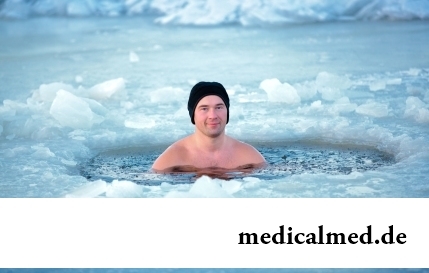
The winter swimming in open reservoirs called in our country by "winter swimming" – officially recognized sport and one of the most extreme ways of a hardening of an organism. This occupation has an old story and adherents in many countries. The international competitions in winter heats on open water, and every two years – the World Cup are annually held. Despite huge popularity and the proved advantage for health, winter swimming is still surrounded with hardy delusions. Ра...
Section: Articles about health
